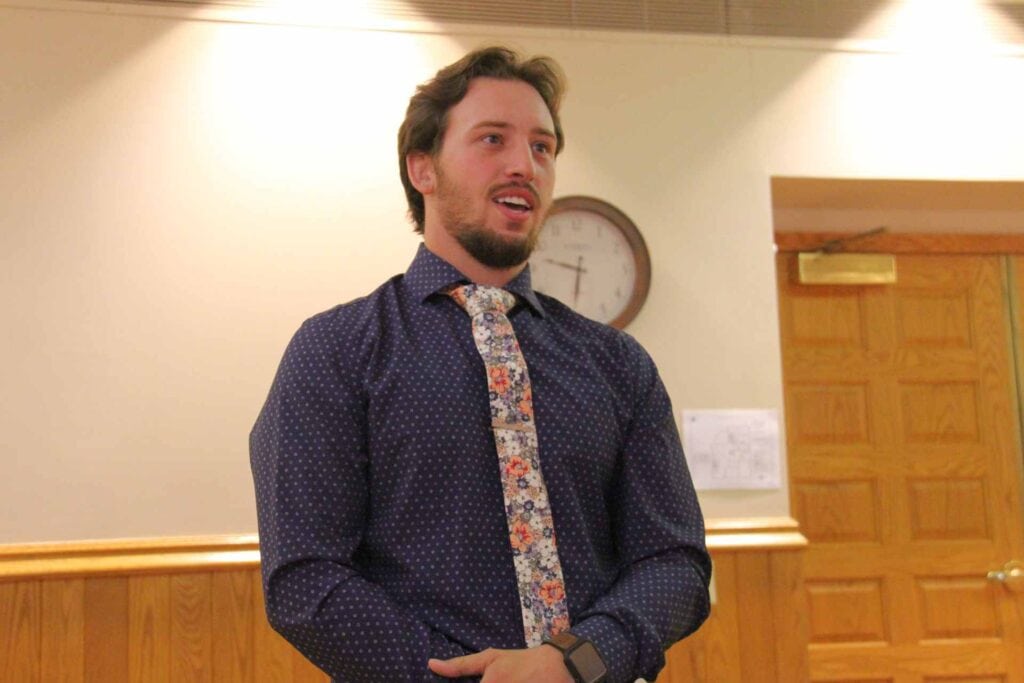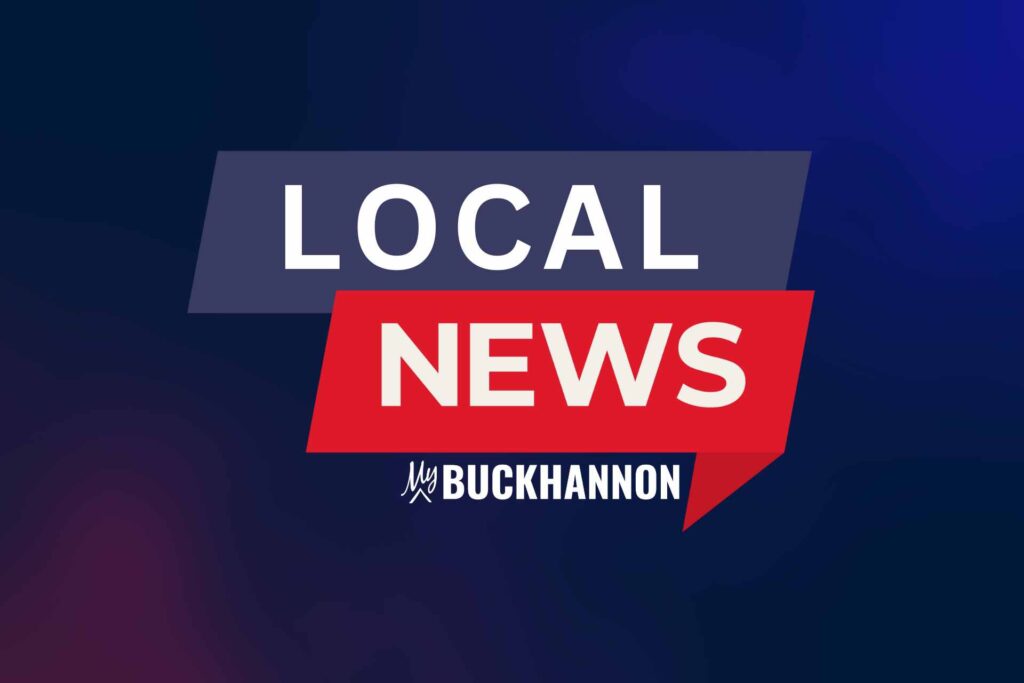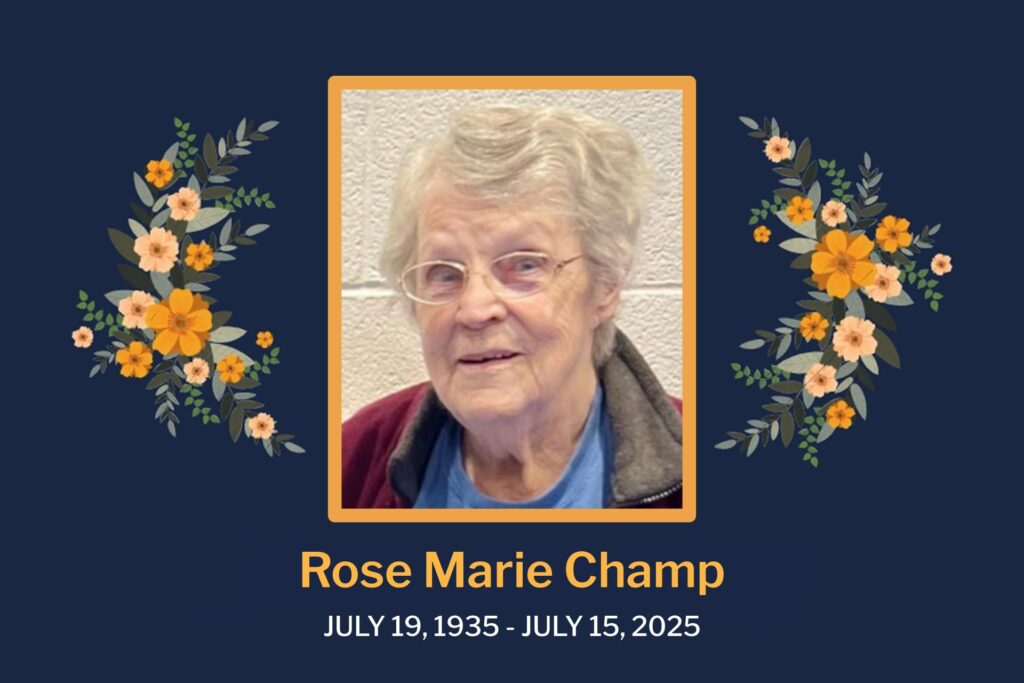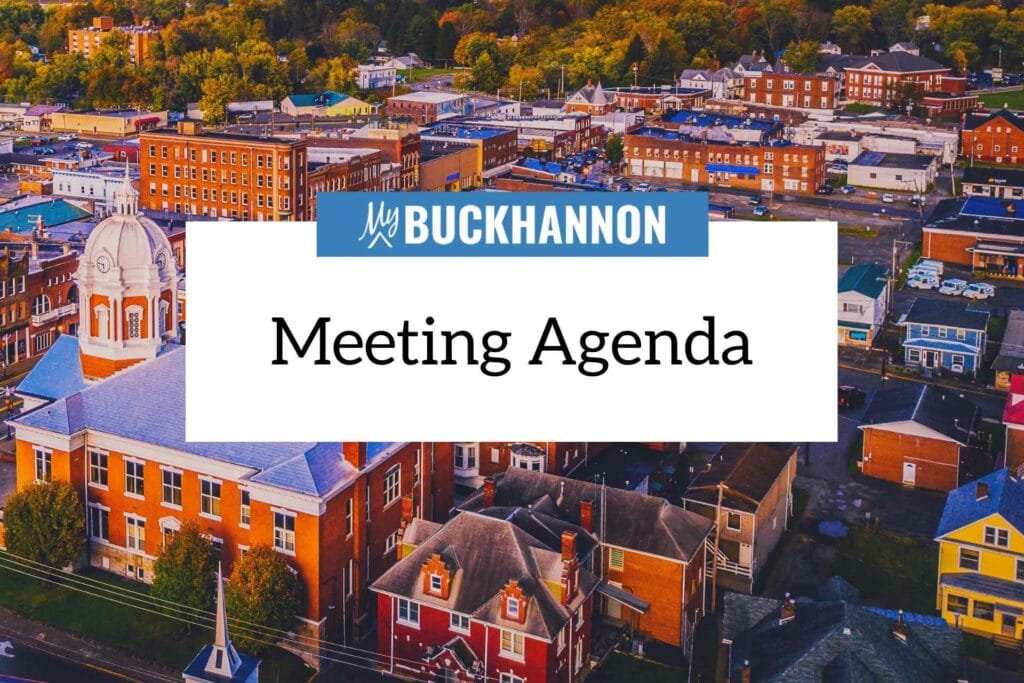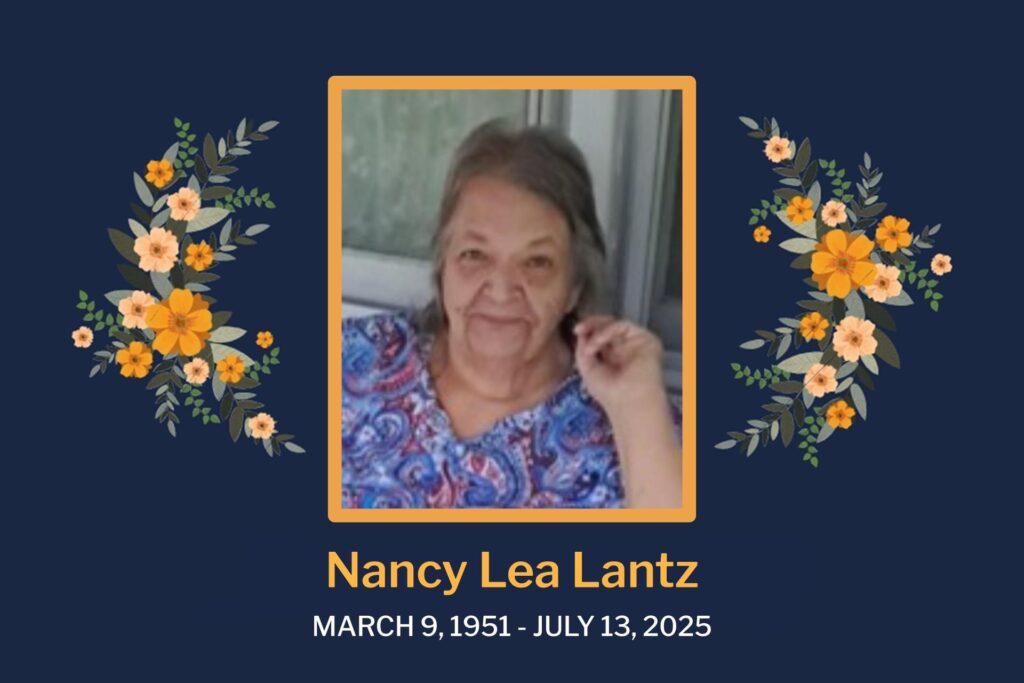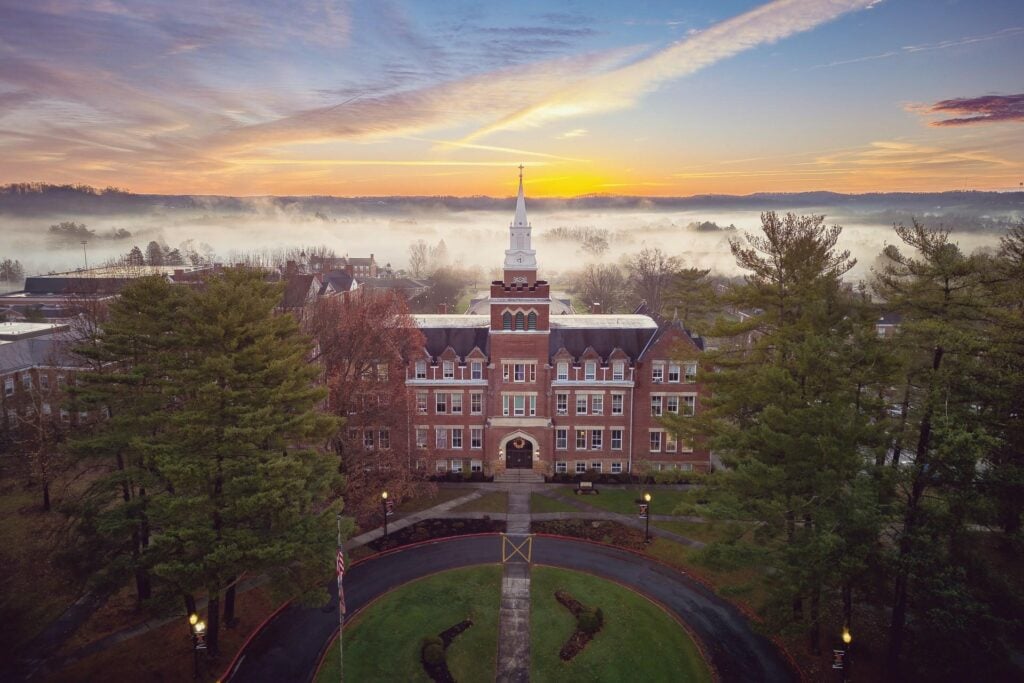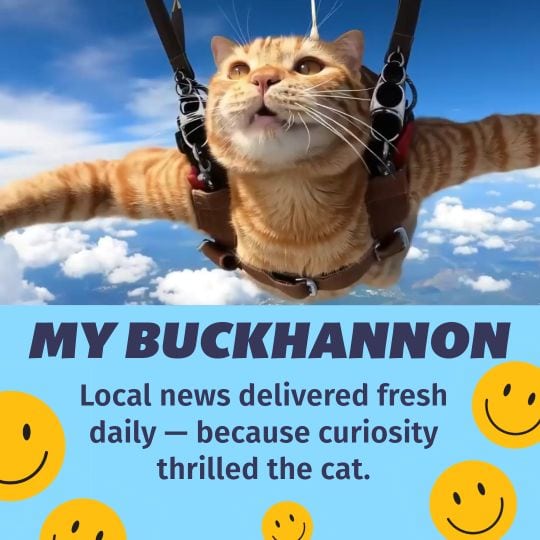BUCKHANNON — On the evening of April 21, I had the distinct pleasure of attending a panel discussion that tackled the tough issue of climate change.
The event was hosted by the student WE LEAD Animal Welfare and Sustainability team, as well as LeeAnn Brown, former director of the Center for Community Engagement at West Virginia Wesleyan College.

The moderator for the discussion was Jess Scott, professor of gender studies at WVWC. As I took my seat in the front row there seemed an almost palpable air of importance surrounding the event. Having just gone through a week that brought both days of snow as well as 70-degree periods of sunshine, and with Earth Day just around the corner, the timing of the discussion seemed like the perfect storm.
The first speaker was Morgan King, a member of the West Virginia Rivers Coalition, a group whose mission is to provide clean water for all. The organization provides stewardship over the waterways of West Virginia and attempts to educate others on the power of their voice.
“We try to build real political power and enact a real change,” Morgan explained as she gave her opening speech.
Morgan is a full-time member of the WV Climate Campaign and discussed the newest addition to the campaign, the West Virginia Climate Pledge.
She explained that through their time they have found that, “only 50 percent of West Virginians are worried about climate change, which is 15 percent lower than the national level.”
Her goal through the West Virginia Climate Pledge is to outline five pillars of understanding to better spread the awareness of the issues at hand, the first pillar being, “I trust that human-caused climate change is happening.” From this jumping-off point, Morgan outlined various studies and graphs that helped to illustrate the dire situation we are in.
One of the most provocative facts that emerged was the global rise in temperature. According to the data over the course of 200 years, we have risen 1.1 degrees Celsius. Scientists are urging the globe to make changes that will limit that increase to only 1.5 degrees – or risk catastrophic climate change. However, as Morgan said, “Our current policies have us on a path to warm to almost 4 degrees Celsius by the allotted time.”
The Climate Pledge’s final pillar states, “I know that resources need to be provided to the communities that are most affected by climate change, and to those that are facing challenges as we inevitably transition from fossil fuels.”
In closing, she detailed the need the ensure a just and fair transition to communities that have relied on the economic infrastructure of fossil fuels. This is a huge issue in the coal country of West Virginia and can’t be taken lightly; however, Morgan and her team seem to understand this concern and are actively looking for ways to safeguard these communities and people.
The second speaker was Lucia Valentine, the West Virginia organizer for Moms Clean Air Force. Its mission is to “protect children from air pollution and climate change.” The organization works to provide information and education to those around the state as well as create opportunities for legislative bodies to hear the voices of concerned citizens. Lucia also explained that the organization works to build coalitions across the state.
“Moms Clean Air Force is part of the West Virginia Climate Alliance which is a coalition of environmental groups and social justice groups that meet and brainstorm how to elevate the movement,” she explained. She continued to recognize the plight of West Virginia and surrounding states who are heavy industry states. Lucia and fellow members hope to combat the current situation by “advocating for the embracement of clean energy solutions as we transition to an economy that prioritizes children’s health and equity across communities.”
Currently, one of the main projects for Moms Clean Air Force is the work they are doing transitioning West Virginia’s transportation sector away from the heavy use of fossil fuels. One of these ideas comes in the form of electric school buses that will help to ensure kids have cleaner air space. Lucia gave some good news on this front, informing the audience that, “Green Power Motors is coming to Kanawha County in Charleston to help start manufacturing some electric buses.”

As she closed her portion of the panel discussion Lucia also wanted people to understand that you don’t have to be a mother to be a part of the organization. The importance was instead placed on the desire to be a part of a group of like-minded individuals who wish to work from a grassroots perspective to guarantee a better air space for the next generation who will inherit the earth.
Our final speaker was Mark Tabbert, the coordinator of Citizens Climate Lobby in West Virginia. The organization helps to enable individuals the ability to exercise their personal and political power in ensuring a livable future. Mark began by stating, “Climate change is the biggest problem humankind has ever faced.” He continued, citing a conversation with a scientist he had who had once said, “the most important thing in your life will be that we are burning fossil fuels and releasing carbon into the atmosphere; it will be more important than what you major in, where you graduated from, or who you’re married to.”
This sentiment is mirrored in the actions of Citizens Climate Lobby which is an advocacy group attempting to put a price on carbon. The organization believes in creating a carbon tax that would force the world to change its habits to look for cleaner, more economically stable forms of energy usage. Furthermore, the policy would provide protection to the lower and middle-class who are often the first to feel the shifts in the global economy.
Lastly, Mark wanted to extend an invitation to members of the community as he works with LeeAnn Brown to set up a local chapter in Buckhannon, West Virginia.

The earth is our home. We have no other options thus far, and as we push forward, we must continue to prove as stewards to the planet which houses us. This means taking control and advocating for the reduction of human-made climate change.
After hearing the powerful messages of the speakers, it is apparent that there are many options in how we as individuals can band together to create a powerful force in local communities, the federal government, and eventually, throughout the world.
We have a responsibility to ourselves, to the future generations, and to this planet to do what we can to ensure a livable environment. If you are interested in learning more about any of the organizations or subject matter above, here are several useful links:
Tyler Hall is a Buckhannon local whose enthusiastic interests include, but are not limited to music, gaming, public service and literature.



